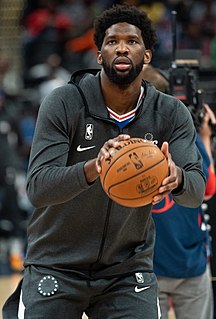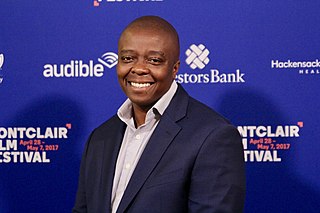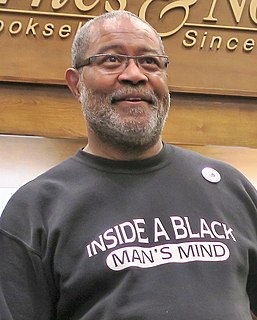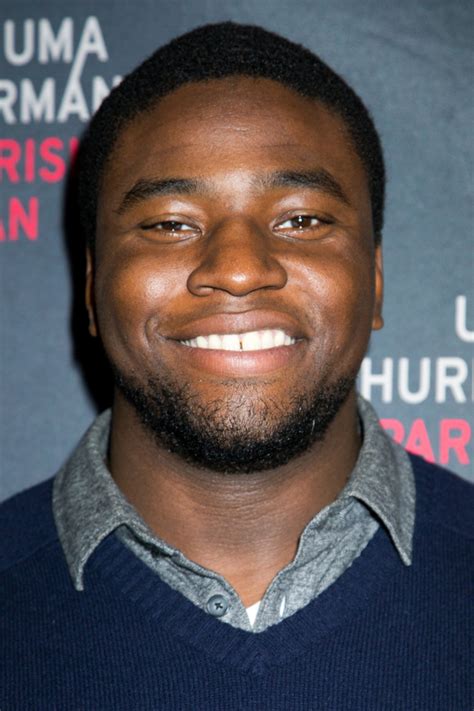A Quote by Joel Embiid
You know how I learned to shoot? I watched white people. Just regular white people. They really put their elbow in and finish up top. You can find videos of them online.
Related Quotes
When you're a person of color in white America, you know white people. You know why you know white people? Because you can't enjoy any kind of entertainment if you are not able to humanize white people. If you watch a film and are like, "Oh, this has white people in it? Then I'm not interested," then you can't enjoy anything in America!
I am astounded at my age with a 20-year-old daughter to discover that kids of her generation don't want to watch black and white movies. I understand that they gave up on silent films, but black and white? So, now movies have to be taught in academia because people don't know how to watch them, they don't know how to appreciate them.
I lived in London for a long time, and that's a pretty white town. In Toronto, I just ended up in this circle of indie rock kids who happened to be white, too... Really, it was just when I started getting out there and meeting more people and seeing more fans that I went, 'Oh, actually, I'm not white.'
Everyone else can do violence. You know, Clint Eastwood, Sylvester Stallone, they can all do shoot-'em-ups. Arnold Schwarzenegger can kill 10 people in one minute, and they don't call it "white exploitation." They win awards and get into all the magazines. But if black people do it, suddenly it's different than if a white person does it. People respond differently because people come from different places.
We focus on that really repulsive minority of racists. But then there's a continuum that goes all the way to, you know, what used to be called the white backlash or to, you know, the feelings of some white people that they're losing out and that the jobs and power and sort of the culture is drifting away from them and toward people who don't look like them, who don't - who they don't know very well. And that's not necessarily - I don't equate that with the hardcore ideological hatred of self-identified racists.
Now 3D is no longer a fad but I don't get all crazy about it and say that everything has got to be in 3D. It is a nice tool, like color or sound or whatever. I was quite intrigued and I learned, 3D opened up a lot of questions about how to use it. I think it is great. It's like if a movie needs to be in black and white then that's how I will shoot it. I see color as just another character or black and white as a character.






































